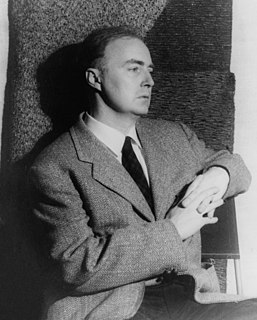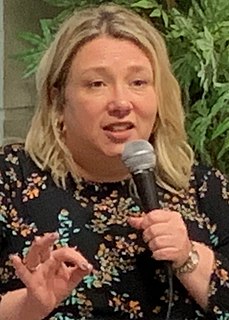A Quote by John Podhoretz
I look at 'The New York Review of Books.' It's what it has been for 35 or 40 years, which is a highly sophisticated vehicle for anti-American self-hatred.
Related Quotes
Over the years, my marks on paper have landed me in all sorts of courts and controversies - I have been comprehensively labelled; anti-this and anti-that, anti-social, anti-football, anti-woman, anti-gay, anti-Semitic, anti-science, anti-republican, anti-American, anti-Australian - to recall just an armful of the antis.
I follow my own nose. So I read things that are different. People will always say to me, "Have you read Robert S. Bosco's latest novel?" or "Have you read so and so's history of Peru, which is reviewed in the New York Review of Books and the New York Times and has a buzz about it?" I don't even know what you're talking about. I'm like from another planet. I'm a pygmy from the jungle.
We are grateful to the Washington Post, the New York Times, Time Magazine and other great publications whose directors have attended our meetings and respected their promises of discretion for almost 40 years......It would have been impossible for us to develop our plan for the world if we had been subjected to the lights of publicity during those years. But, the world is more sophisticated and prepared to march towards a world government. The supernational sovereignty of an intellectual elite and world bankers is surely preferable to the national autodetermination practiced in past centuries.
When I write, I aim in my mind not toward New York but to a vague spot a little to the east of Kansas. I think of the books on library shelves, without their jackets, years old, and a countryish teen-aged boy finding them, and having them speak to him. The review, the stacks in Brentano's, are just hurdles to get over, to place the books on that shelf.
I first considered writing 'New York' in 1991. I'd been in the city for a decade, was married to an American wife, and sending my children to New York schools. I was even on the board of a coop building. But I wasn't sure how to organize such complex material, and for many years I put the project aside.
Look, there's no denying that comics have moved dramatically into the mainstream in North American culture in the last 10 years, and for someone like me who's always tried to make a living at it, it's been great, I'm very grateful for it. But at the same time, it's not a subculture-y thing anymore; it's something that's in the New York Times and the New Yorker.






































